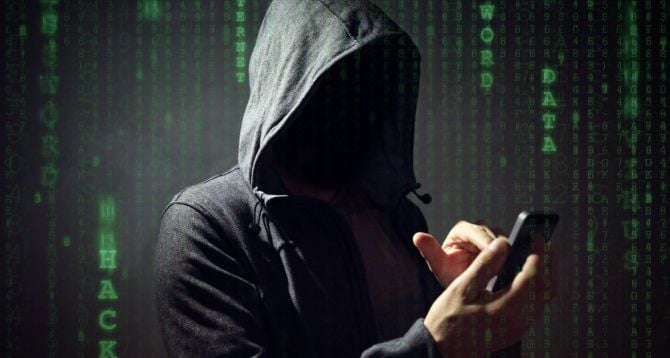
Illustration
Impersonating bank employees, CIC, government agencies: Fraudsters will call, text, send emails with the victim's full name, ID card number, and correct account number to gain trust. The content is usually a notice of "bad debt", "account at credit risk", "bad debt loan that needs to be processed" or "need to re-verify information to avoid account lock". The ultimate goal is to lure victims into providing passwords, OTP codes, or clicking on fake links.
Taking advantage of the need to borrow money and clear debt: The subjects will target students and workers who need to borrow money quickly, with low interest rates or want to clear fake debt. They will use the excuse "your CIC information is in bad debt, need to pay a fee to clear it" to appropriate money or get more data.
Impersonating relatives and leaders: With detailed personal information available, criminals can easily combine information, create trust and impersonate relatives, leaders, and colleagues to ask for urgent money transfers.
Legal threats: Criminal gangs often pose as police, prosecutors, or courts, announcing "you are involved in money laundering through banks, your account needs to be frozen" and then forcing victims to provide passwords and transfer money to unclear "safe accounts".
Attack via malicious messages/emails: With a large amount of stolen data, criminals can launch a campaign to send SMS, Zalo, and Email messages impersonating banks or authorities, requesting to "verify information requested by CIC", attaching links containing malicious code to steal more data when users click on them.
Recommendations from authorities
Faced with this situation, the Criminal Police Department of Ho Chi Minh City Police recommends that people need to be especially vigilant and follow important principles to protect themselves:
- Absolutely do not provide passwords or OTP codes to anyone via phone, text message, email in any form;
- Do not click on strange links in SMS messages, Zalo, emails of unknown origin;
- Only log in to official applications and websites of the bank or financial institution you are using;
- If you receive a call requesting debt collection, account freezing or information verification, you need to verify the information via the official hotline or go directly to the bank branch or competent authority for verification;
- Absolutely do not transfer "verification" money to unclear accounts or accounts that are not your own;
- For students and workers, absolutely do not believe in advertisements for "CIC debt cancellation", "fast loans with 0% interest rate";
- Families should remind and instruct the elderly on how to recognize fraudulent calls and messages and should only contact the bank directly when necessary.
- Every citizen needs to proactively raise their vigilance, regularly update warnings from the police force, banks and mainstream media to prevent new scams.
Source: https://doanhnghiepvn.vn/chuyen-doi-so/co-quan-chuc-nang-canh-bao-thu-doan-lua-dao-sau-khi-du-lieu-cic-bi-ro-ri/20250912053501795




![[Photo] Launching Ceremony of the Specialized Electronic Information Page of the Communist Party of Vietnam - 14th Congress](https://vphoto.vietnam.vn/thumb/1200x675/vietnam/resource/IMAGE/2025/9/12/4c1b894be2ea4e3daccfd8c038b6fb46)
![[Photo] General Secretary To Lam attends the launching ceremony of the website of the Communist Party of Vietnam - 14th National Congress](https://vphoto.vietnam.vn/thumb/1200x675/vietnam/resource/IMAGE/2025/9/12/0d4fce7dbce2409cb3c03c21fdf3c3b5)


![[Photo] Thac Ba Lake: Towards an international-class tourism, resort and cultural center by 2040](https://vphoto.vietnam.vn/thumb/1200x675/vietnam/resource/IMAGE/2025/9/12/0940443efe0a427b88707caadba1cc41)






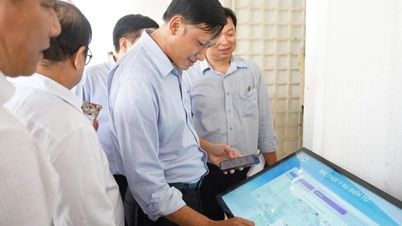

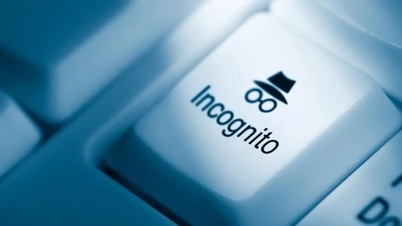


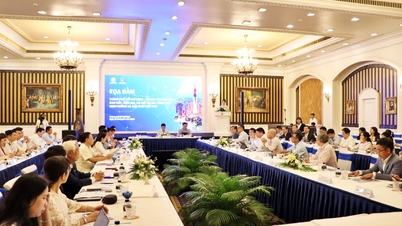














![[Photo] Where the history of resistance comes alive with modern technology at "95 years of the Party Flag lighting the way"](https://vphoto.vietnam.vn/thumb/1200x675/vietnam/resource/IMAGE/2025/9/12/81c1276f52b849c8b16e2d01dd1c85e4)


















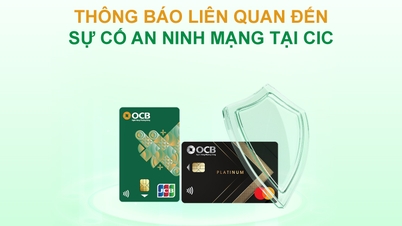














































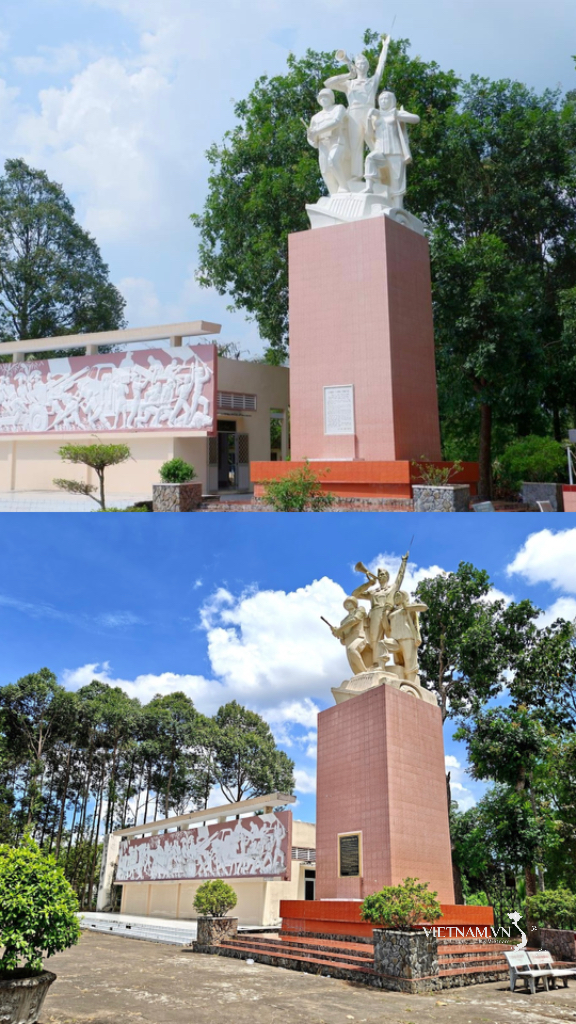

Comment (0)